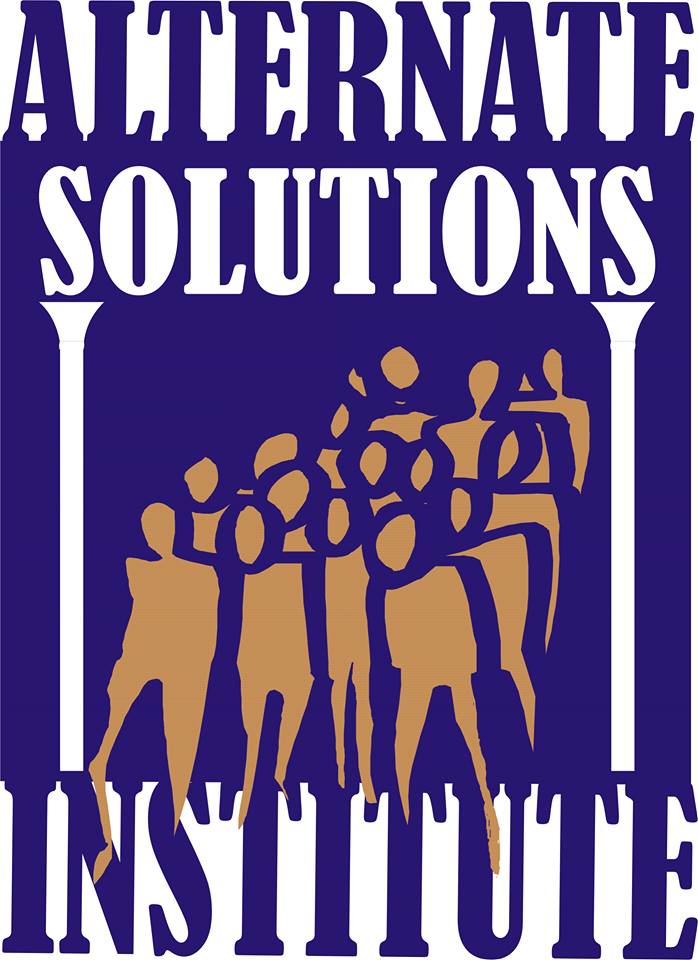On World Population Day, July 11th, the UNFPA will call for men to be more involved in family planning and women’s reproductive healthcare. Underlying this fine-sounding campaign is the UN Population Fund’s belief that we must stabilise and decrease world population in order to save the planet and promote economic growth.
On World Population Day, July 11th, the UNFPA will call for men to be more involved in family planning and women’s reproductive healthcare. Underlying this fine-sounding campaign is the UN Population Fund’s belief that we must stabilise and decrease world population in order to save the planet and promote economic growth.
On World Population Day, July 11th, the UNFPA will call for men to be more involved in family planning and women’s reproductive healthcare. Underlying this fine-sounding campaign is the UN Population Fund’s belief that we must stabilise and decrease world population in order to save the planet and promote economic growth.
But according to a new report title “Too Many People” by Professor Nicholas Eberstadt, an expert in population and demography, the UNFPA and other alarmists provide no credible evidence to justify this belief. The research paper has been released in Pakistan by the Alternate Solutions Institute, a partner organization of the Sustainable Development Network UK, publisher of the Eberstadt’s research report.
There is no causative link between population density and poverty – wealthy Monaco is forty times more densely populated than impoverished Bangladesh.
Nor is it true that the planet is struggling to feed and accommodate increasing numbers of people. Over the last century, global life expectancy has increased from 30 years to over 60 years; while maize, rice and wheat have become far more abundant and other natural resources have become more easily available.
Nevertheless, the UN and many other influential individuals and groups, and NGOs – such as in Pakistan – are calling for government-mandated population-planning schemes globally. But according to Eberstadt, such schemes historically have had almost zero effect on family sizes and fertility rates:
“Globally, there is no causative link between the availability of contraception and fertility levels – the rate of contraception use is virtually identical in Jordan and Japan, for instance, but Jordan’s fertility rate is more than three times higher.”
According to Eberstadt, the only thing that can affect fertility rates is parental choice – unless one opts for the Chinese approach of forced sterilisations and abortions.
“Whether they recognize it or not, advocates of anti-natal population programs must make a fateful choice. They must either opt for voluntarism, in which case their population targets will be meaningless. Or else they must opt for attempting to meet their population targets – in which case they must embrace coercive measures, like China’s one-child policy. There is no third way.”
Click here for full text of the report pdf
The 25 sponsoring organisations of “Too Many People?” by Professor Nicholas Eberstadt are as follows:
Ag Bio World Foundation, USA, www.agbioworld.org
Africa Fighting Malaria, South Africa, www.fightingmalaria.org
Alternate Solutions Institute, Pakistan, www.asinstitute.org
Asociación de Consumidores Libres, Costa Rica, www.consumidoreslibres.org
Association for Liberal Thinking, Turkey, www.liberal-dt.org.tr/
CEDICE, Venezuela, www.cedice.org
CEES, Guatemala, www.cees.org.gt/
CEPPRO, Paraguay, www.ceppro.org.py/
Circulo Liberal, Uruguay, www.circuloliberal.org
Centro de Innovación y Desarrollo Humano, Uruguay
ESEADE University, Argentina, www.esade.es/
Fundación Libertad, Panama, www.fundacionlibertad.org.pa
Free Market Foundation, South Africa, www.freemarketfoundation.com
FULIDE, Bolivia, www.fulide.org.bo/
Instituto Ecuatoriano de Economía Política, Ecuador, www.ieep.org.ec
International Policy Network, UK, www.policynetwork.net
Imani – the Centre for Humane Education, Ghana, www.imanighana.org
INLAP, Costa Rica, www.inlap.org
Instituto de Libre Empresa, Peru, www.ileperu.org
Instituto Liberdade, Brazil, www.il-rs.com.br
Institute for Public Policy Analysis, Nigeria, www.ippanigeria.org
Jerusalem Institute for Market Studies, Israel, www.jims-israel.org/
Liberty Institute, India, www.libertyindia.org
Lion Rock Institute, Hong Kong, www.lionrockinstitute.org
RSE – Centre for Social and Economic Research, Iceland, www.rse.is/

